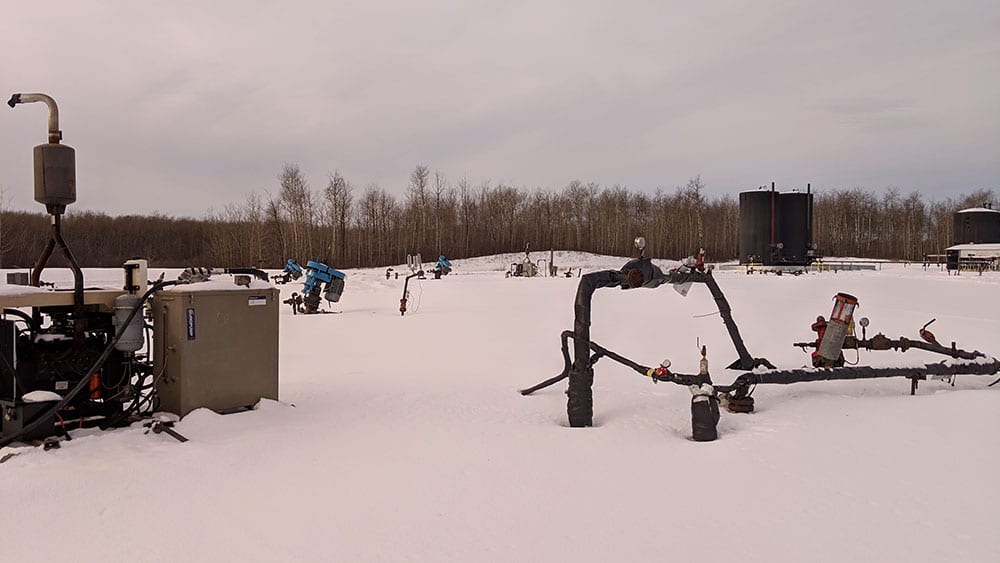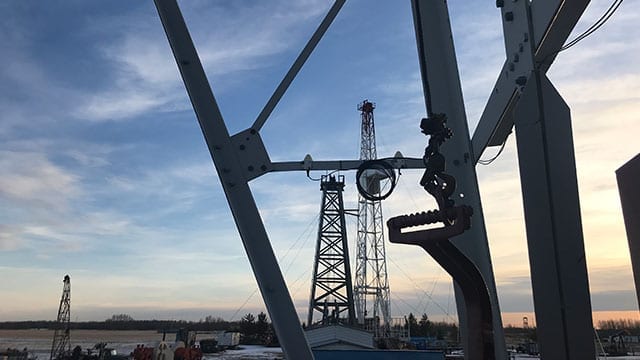

The Supreme Court of Canada says the trustee for a bankrupt Alberta energy company cannot simply walk away from unprofitable wells on agricultural land without having to clean up.
The high court’s 5-2 ruling overturns an Alberta Court of Appeal ruling that upheld a 2016 decision in the Alberta Court of Queen’s Bench that effectively allowed a bankrupt energy company to sever its connection with unprofitable and unreclaimed wells when the company’s assets were sold off to creditors.
The Supreme Court ruled Thursday that the bankruptcy trustee, Grant Thornton Ltd., cannot walk away from its end-of-life obligations to render abandoned wells environmentally safe.
The ruling turned on the conflict between federal bankruptcy law and provincial jurisdiction over the environment and energy sector.
Chief Justice Richard Wagner, who wrote of behalf of the majority, said that a key section of the federal bankruptcy law “does not empower a trustee to walk away from the environmental liabilities of the estate it is administering.”
Wagner said Parliament might want to re-examine the provision “given the confusion caused” in this case.
Alberta’s provincial energy regulator ordered the trustee for Redwater Energy Corporation to comply with end-of-life requirements to render the abandoned properties environmentally safe.
The company’s trustee did not comply, and filed its own counterclaim that included a challenge to the regulator’s action, citing the paramountcy of federal bankruptcy law.
Since the case went to court, an estimated 1,800 wells representing more than $100 million in liabilities have been abandoned.
Alberta’s energy regulator and the Orphan Well Association, an industry-funded group that cleans up wells that have been left unreclaimed, appealed the ruling to the high court.
A group with the support of thousands of farmers also wanted to see the high court reverse the decision.
The Action Surface Rights Association intervened in the case because it believes rights of landowners have been overlooked in the case.









